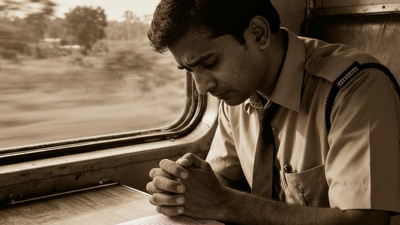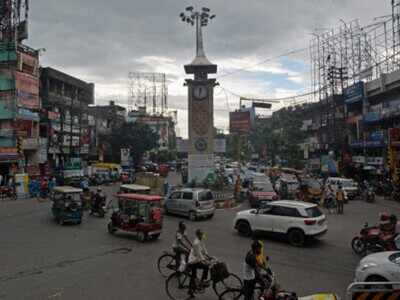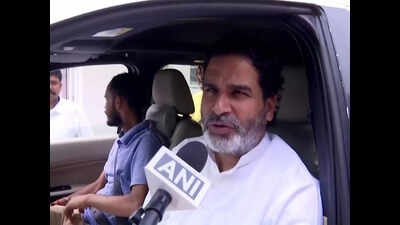For nearly four decades, one man’s name was shadowed by a bribery charge over just Rs 50. What began as a small accusation of bribery in 1988 turned into a lifelong battle for justice and dignity — one that outlived him. This week, the Supreme Court finally cleared late railway ticket examiner (TTE) V M Saudagar of all charges, ending a decades-long legal struggle that his family carried on after his death.
A life derailed because of Rs 50
It was 31 May 1988 when a vigilance team accused Saudagar, then serving on the Dadar–Nagpur Express, of accepting a bribe of Rs 50 from passengers and failing to return Rs 18 in fare balance. A departmental inquiry followed, and despite the lack of solid evidence, he was dismissed from service in 1996. Two passengers had told investigators that Saudagar neither demanded nor accepted any illegal money, yet the system failed him. The inquiry relied on flawed testimony and procedural lapses. With his job gone and his reputation in tatters, Saudagar spent his later years trying to clear his name.
Relief denied, hope deferred
In 2002, the Central Administrative Tribunal (CAT) sided with Saudagar, ruling that the evidence did not justify his dismissal and directing the Railways to reinstate him. But justice was again delayed — the Railways challenged the decision in the Bombay High Court, which stayed the order. For the next 15 years, the case remained pending as Saudagar grew older and weaker. He passed away still waiting for vindication. In 2017, the High Court finally ruled — but against him — upholding his dismissal and leaving his family heartbroken, until Supreme Court stepped-in.
Cleared, at last — too late for him
Even after his death, Saudagar’s family refused to accept the stigma that followed his dismissal. They took the fight to the Supreme Court.Then finally in October 2025, after 37 years, a bench of Justices Sanjay Karol and Prashant Kumar Mishra ruled that there was no conclusive evidence of bribery. The judges called the inquiry officer’s findings “perverse” and restored all consequential benefits, including pension, to his legal heirs within three months.








